-
 Bitcoin
Bitcoin $79,711.4041
-3.14% -
 Ethereum
Ethereum $1,538.5066
-5.60% -
 Tether USDt
Tether USDt $0.9992
-0.05% -
 XRP
XRP $1.9841
-1.63% -
 BNB
BNB $578.1462
0.23% -
 USDC
USDC $1.0000
0.01% -
 Solana
Solana $113.3900
-2.89% -
 Dogecoin
Dogecoin $0.1553
-1.34% -
 TRON
TRON $0.2355
-1.37% -
 Cardano
Cardano $0.6168
-0.36% -
 UNUS SED LEO
UNUS SED LEO $9.4115
0.23% -
 Chainlink
Chainlink $12.2586
-1.13% -
 Avalanche
Avalanche $18.4989
1.74% -
 Toncoin
Toncoin $2.9411
-5.24% -
 Stellar
Stellar $0.2323
-1.94% -
 Hedera
Hedera $0.1694
0.41% -
 Shiba Inu
Shiba Inu $0.0...01175
-0.30% -
 Sui
Sui $2.1221
-2.88% -
 MANTRA
MANTRA $6.4450
-4.88% -
 Bitcoin Cash
Bitcoin Cash $293.7100
-2.93% -
 Litecoin
Litecoin $74.7327
-0.77% -
 Polkadot
Polkadot $3.4981
-2.33% -
 Dai
Dai $0.9997
-0.03% -
 Bitget Token
Bitget Token $4.1986
-2.67% -
 Ethena USDe
Ethena USDe $0.9985
-0.04% -
 Hyperliquid
Hyperliquid $14.1454
4.74% -
 Pi
Pi $0.5960
0.47% -
 Monero
Monero $200.4963
-0.82% -
 OKB
OKB $54.0669
1.28% -
 Uniswap
Uniswap $5.0725
-4.19%
How to use currency-based perpetual contract for arbitrage?
Currency arbitrage using perpetual contracts involves buying a cheaper currency on one exchange and selling it on another where it's more expensive, capitalizing on price discrepancies to realize profits.
Oct 24, 2024 at 09:13 pm
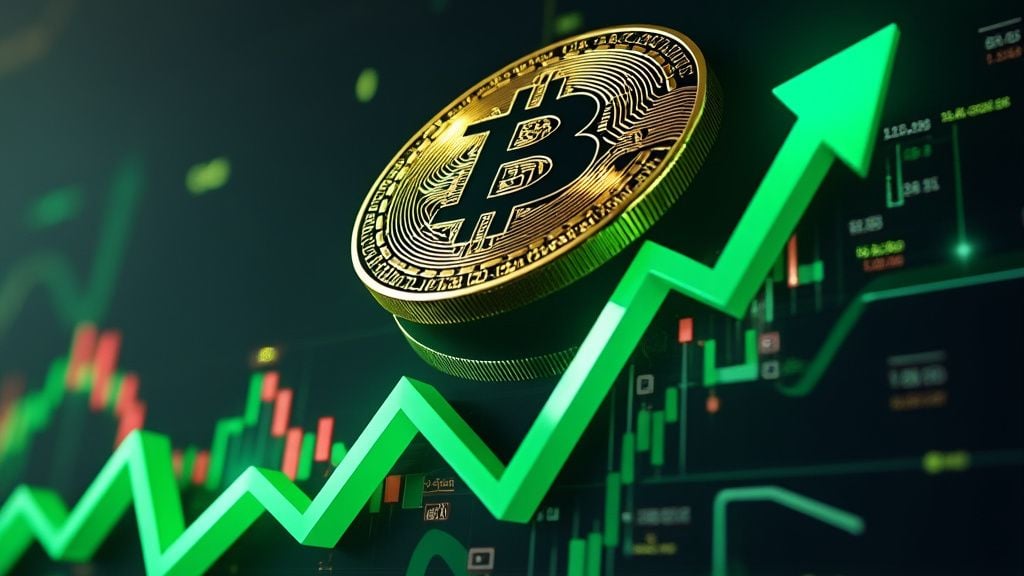
How to Use Currency-Based Perpetual Contract for Arbitrage
Perpetual contracts are financial instruments that offer exposure to the price movements of an underlying asset without the need for physical delivery. They are similar to futures contracts, but with no fixed expiry date. This makes them well-suited for arbitrage strategies, as there is no risk of the contract expiring before the arbitrage opportunity has been realized.
One of the most common types of arbitrage strategies involving perpetual contracts is currency arbitrage. This involves taking advantage of price differences between two or more currencies on different exchanges. The basic principle is to buy the currency that is cheaper on one exchange and sell it on another exchange where it is more expensive.
Here are the steps on how to use currency-based perpetual contract for arbitrage:
- Identify an arbitrage opportunity. The first step is to find an opportunity where the same currency is trading at different prices on two or more exchanges. This can be done by using a crypto arbitrage scanner or by manually comparing the prices on different exchanges.
- Calculate the potential profit. Once you have identified an arbitrage opportunity, you need to calculate the potential profit. This is done by taking the difference between the bid price on the exchange where the currency is cheaper and the ask price on the exchange where the currency is more expensive.
- Open two positions on different exchanges. The next step is to open two positions on different exchanges. On the exchange where the currency is cheaper, you will open a long position. This means that you will buy the currency. On the exchange where the currency is more expensive, you will open a short position. This means that you will sell the currency.
- Wait for the price difference to close. The final step is to wait for the price difference between the two exchanges to close. This can take minutes or hours, depending on the market conditions. Once the price difference has closed, you can close both of your positions and realize your profit.
Example
Let's say that you find an arbitrage opportunity where Bitcoin (BTC) is trading at $10,000 on Binance and $10,050 on Coinbase. To take advantage of this opportunity, you would open a long position on Binance for 1 BTC and a short position on Coinbase for 1 BTC.
If the price difference between Binance and Coinbase closes, you would make a profit of $50. This is because you would have bought 1 BTC for $10,000 on Binance and sold it for $10,050 on Coinbase.
Considerations
There are a few things to keep in mind when using currency-based perpetual contracts for arbitrage:
- Slippage: Slippage is the difference between the price you execute a trade at and the price you intended to trade at. Slippage can impact your profits, so it's important to factor it into your calculations.
- Fees: Exchanges typically charge fees for trading perpetual contracts. These fees can reduce your profits, so it's important to factor them into your calculations.
- Volatility: Perpetual contracts are traded on margin, which means that you are borrowing money from the exchange to trade. This can increase your profits, but it can also increase your losses. It's important to manage your risk carefully when trading perpetual contracts.
Conclusion
Currency-based perpetual contracts can be a useful tool for arbitrage. However, it's important to understand the risks involved before you start trading. By following the steps outlined in this article, you can increase your chances of success.
Disclaimer:info@kdj.com
The information provided is not trading advice. kdj.com does not assume any responsibility for any investments made based on the information provided in this article. Cryptocurrencies are highly volatile and it is highly recommended that you invest with caution after thorough research!
If you believe that the content used on this website infringes your copyright, please contact us immediately (info@kdj.com) and we will delete it promptly.
- 4 Cryptos Making Headlines: Bitcoin (BTC), Ripple (XRP), BlockDAG (BDAG), and Binance Coin (BNB)
- 2025-04-11 10:05:13
- Tron Price Aims for $0.30 and Kaspa Falls 17% While 500K+ Miners Trust BlockDAG’s X1 App
- 2025-04-11 10:05:13
- XRP Poised for a Major Rally as SEC Lawsuit Ends, ETF Approvals Loom, and Technical Indicators Signal a Bullish Breakout
- 2025-04-11 10:00:12
- The Pi Network price today shows continued weakness
- 2025-04-11 10:00:12
- BlockDAG (BDAG), Litecoin (LTC), Filecoin (FIL), and Tron (TRX) Are Some of the Best Crypto Projects for 2025
- 2025-04-11 09:55:12
- Bitcoin [BTC] Topped $88K After Trump's 'Less Severe' Tariff Plans
- 2025-04-11 09:55:12
Related knowledge
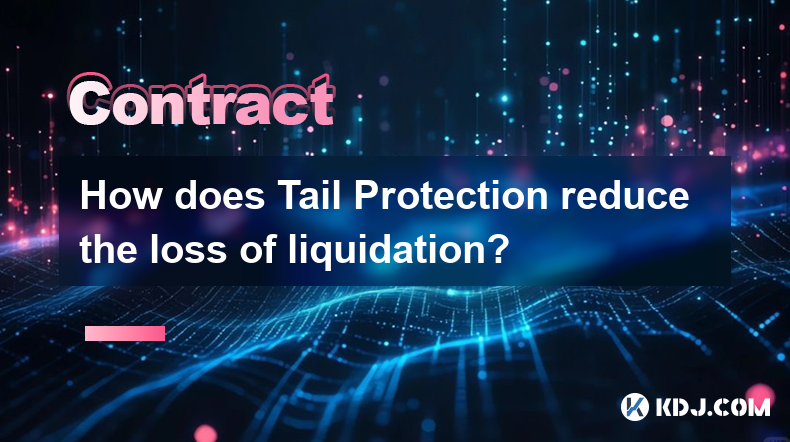
How does Tail Protection reduce the loss of liquidation?
Apr 11,2025 at 01:50am
Introduction to Tail Protection in CryptocurrencyTail Protection is a mechanism designed to mitigate the risks associated with liquidation in cryptocurrency trading. Liquidation occurs when a trader's position is forcibly closed by the exchange due to insufficient margin to cover potential losses. This often happens in leveraged trading, where traders b...

Why does a perpetual contract have no expiration date?
Apr 09,2025 at 08:43pm
Perpetual contracts, also known as perpetual futures or perpetual swaps, are a type of derivative product that has gained significant popularity in the cryptocurrency market. Unlike traditional futures contracts, which have a fixed expiration date, perpetual contracts do not expire. This unique feature raises the question: why does a perpetual contract ...
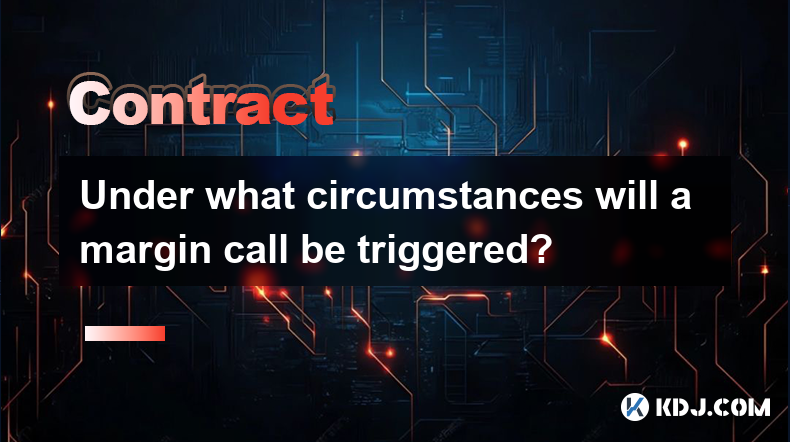
Under what circumstances will a margin call be triggered?
Apr 08,2025 at 02:43pm
Margin trading in the cryptocurrency market allows traders to borrow funds to increase their trading position, potentially amplifying both gains and losses. A critical aspect of margin trading is understanding when a margin call might be triggered, as it can significantly impact your trading strategy and financial health. In this article, we will explor...
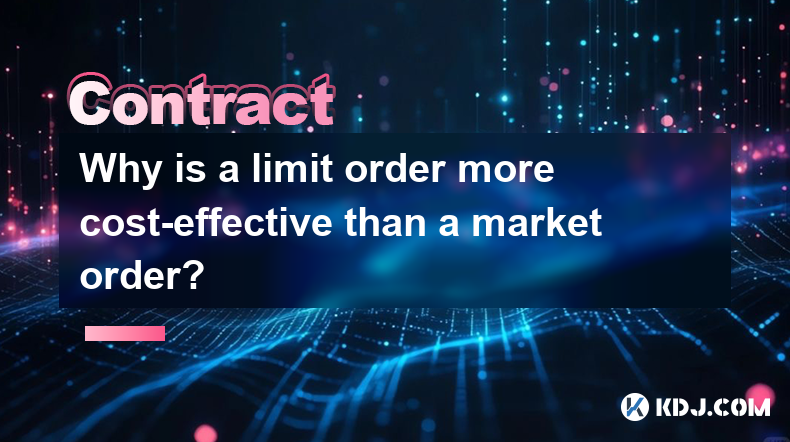
Why is a limit order more cost-effective than a market order?
Apr 10,2025 at 01:35pm
Why is a limit order more cost-effective than a market order? When trading cryptocurrencies, choosing the right type of order can significantly impact the cost-effectiveness of your transactions. Two common types of orders are limit orders and market orders. Understanding the differences between them can help you make more informed decisions and potenti...
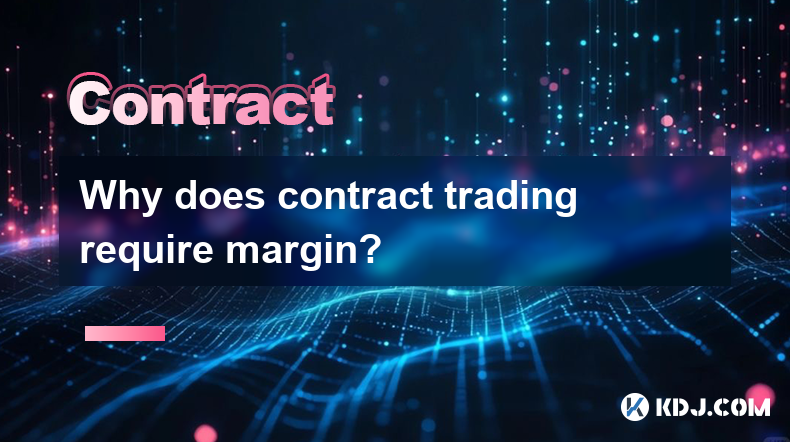
Why does contract trading require margin?
Apr 08,2025 at 02:07pm
Introduction to Contract TradingContract trading in the cryptocurrency market refers to the practice of trading futures or options contracts. These contracts allow traders to speculate on the future price of a cryptocurrency without actually owning the underlying asset. One of the key components of contract trading is the use of margin. Margin is essent...
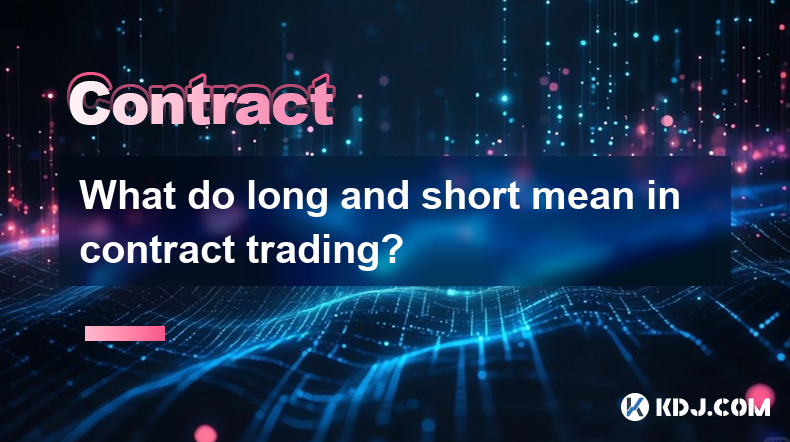
What do long and short mean in contract trading?
Apr 10,2025 at 06:42am
In the world of contract trading within the cryptocurrency circle, the terms 'long' and 'short' are fundamental concepts that every trader needs to understand. Long and short positions refer to the strategies traders use to bet on the future price movements of cryptocurrencies. When you take a long position, you are essentially betting that the price of...

How does Tail Protection reduce the loss of liquidation?
Apr 11,2025 at 01:50am
Introduction to Tail Protection in CryptocurrencyTail Protection is a mechanism designed to mitigate the risks associated with liquidation in cryptocurrency trading. Liquidation occurs when a trader's position is forcibly closed by the exchange due to insufficient margin to cover potential losses. This often happens in leveraged trading, where traders b...

Why does a perpetual contract have no expiration date?
Apr 09,2025 at 08:43pm
Perpetual contracts, also known as perpetual futures or perpetual swaps, are a type of derivative product that has gained significant popularity in the cryptocurrency market. Unlike traditional futures contracts, which have a fixed expiration date, perpetual contracts do not expire. This unique feature raises the question: why does a perpetual contract ...

Under what circumstances will a margin call be triggered?
Apr 08,2025 at 02:43pm
Margin trading in the cryptocurrency market allows traders to borrow funds to increase their trading position, potentially amplifying both gains and losses. A critical aspect of margin trading is understanding when a margin call might be triggered, as it can significantly impact your trading strategy and financial health. In this article, we will explor...

Why is a limit order more cost-effective than a market order?
Apr 10,2025 at 01:35pm
Why is a limit order more cost-effective than a market order? When trading cryptocurrencies, choosing the right type of order can significantly impact the cost-effectiveness of your transactions. Two common types of orders are limit orders and market orders. Understanding the differences between them can help you make more informed decisions and potenti...

Why does contract trading require margin?
Apr 08,2025 at 02:07pm
Introduction to Contract TradingContract trading in the cryptocurrency market refers to the practice of trading futures or options contracts. These contracts allow traders to speculate on the future price of a cryptocurrency without actually owning the underlying asset. One of the key components of contract trading is the use of margin. Margin is essent...

What do long and short mean in contract trading?
Apr 10,2025 at 06:42am
In the world of contract trading within the cryptocurrency circle, the terms 'long' and 'short' are fundamental concepts that every trader needs to understand. Long and short positions refer to the strategies traders use to bet on the future price movements of cryptocurrencies. When you take a long position, you are essentially betting that the price of...
See all articles




















![🐢Super Mario World Koopa Troopa 100% 96⭐️ + Coin [Ao Vivo] 🐢Super Mario World Koopa Troopa 100% 96⭐️ + Coin [Ao Vivo]](/uploads/2025/04/10/cryptocurrencies-news/videos/super-mario-koopa-troopa-coin-ao-vivo/image-1.webp)


































































